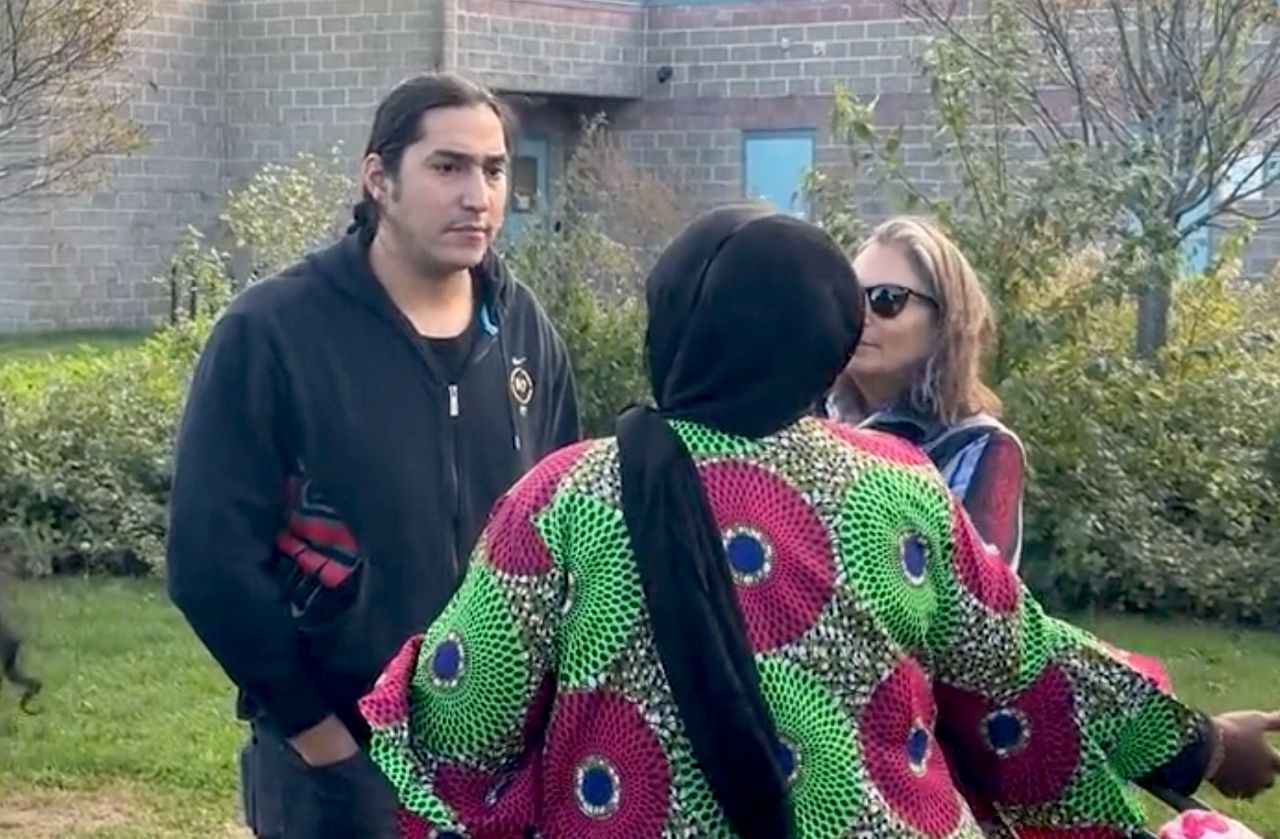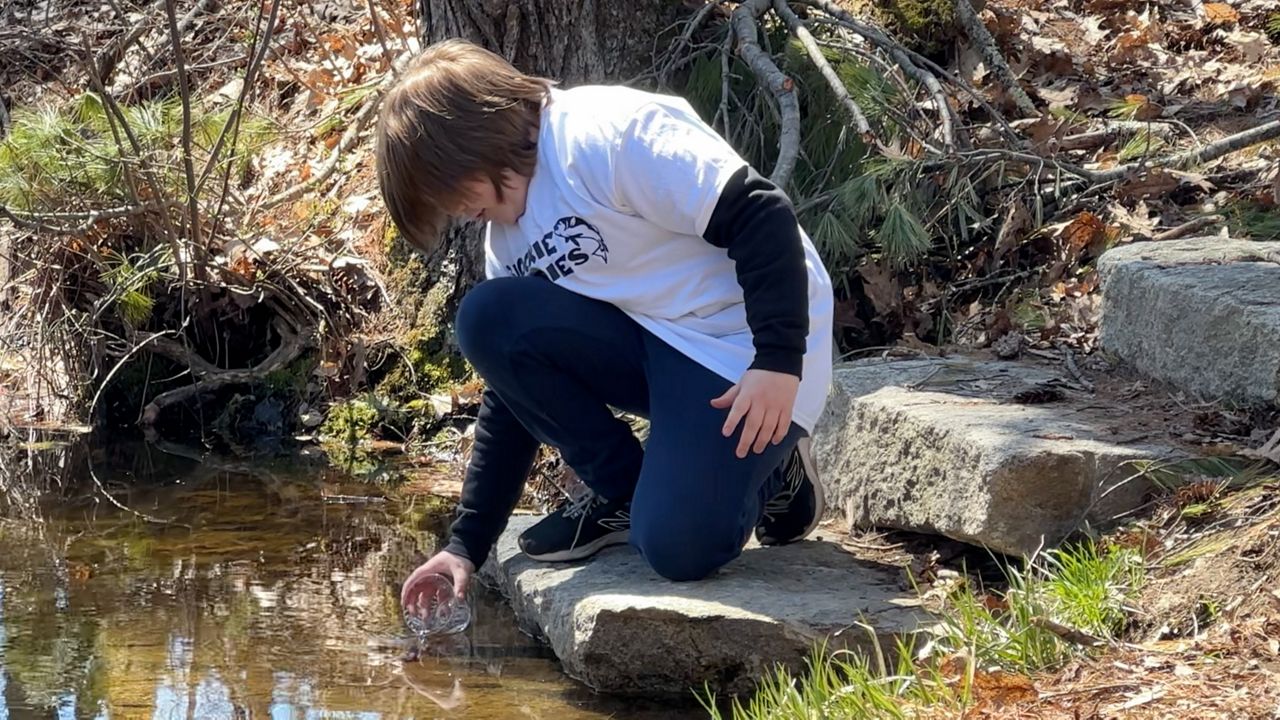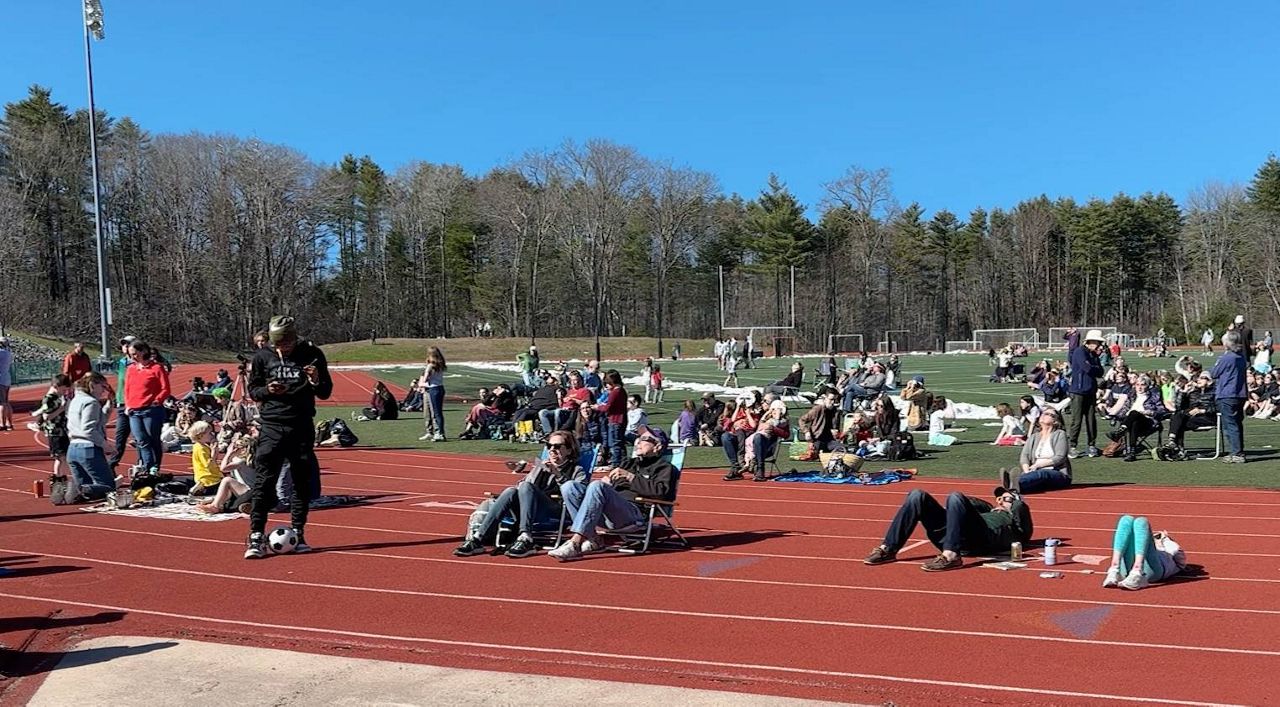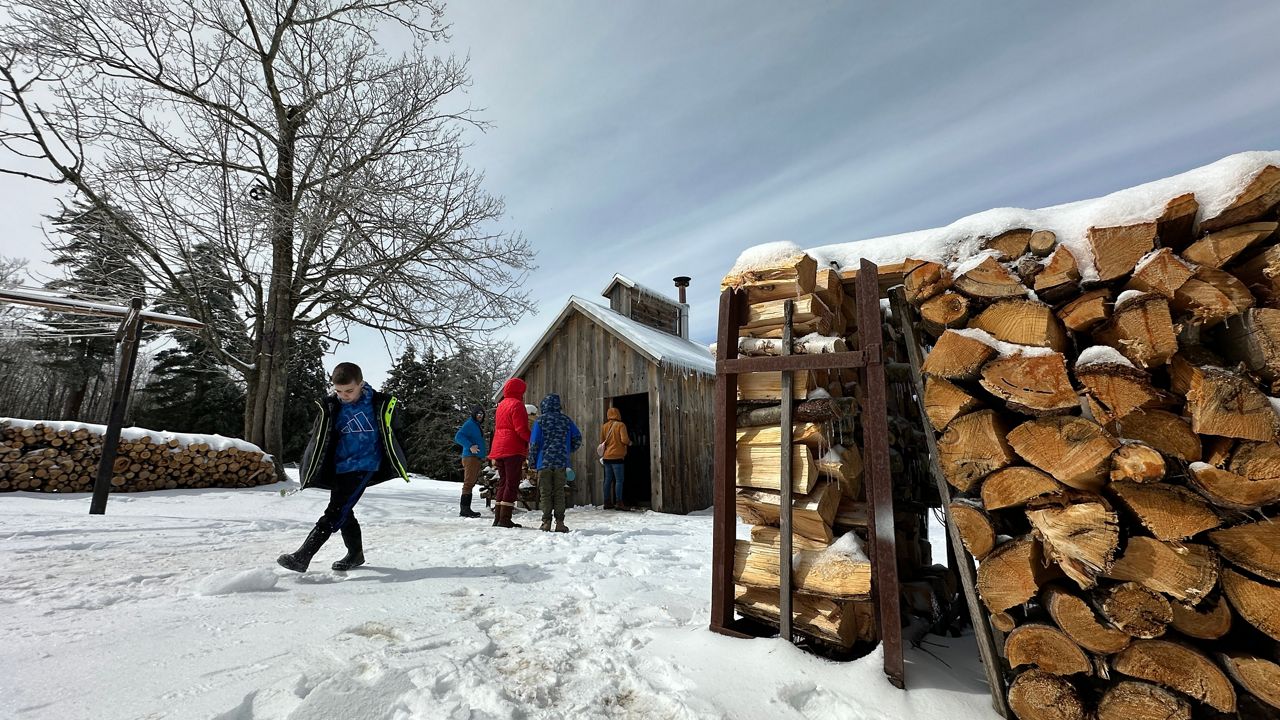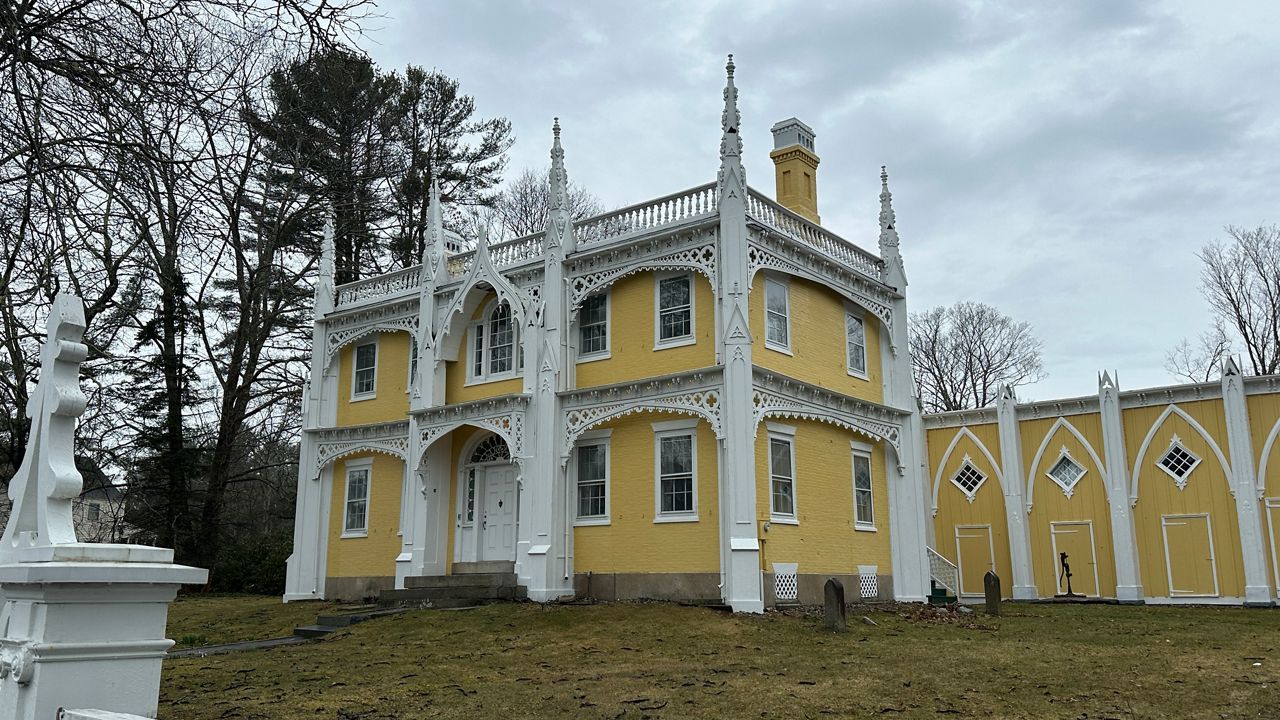Michael-Corey Hinton wants people to know that one of the most important things non-native Americans can do regarding understanding of the history of Maine’s native peoples is self-education – taking an active role in learning more.
“These are not just rules about engaging with indigenous people, but this is how to engage with humans,” he said.
That was the principal call to action from Hinton, a citizen of the Passamaquoddy Nation who addressed a crowd of about 40 people Monday afternoon at the third annual Indigenous Peoples' Day celebration at the Redbank Community Center in South Portland.
The event is a product of the South Portland Human Rights Commission, a group formed in September of 2020. South Portland City Councilor Deqa Dhalac said she helped co-found the group specifically to organize celebrations honoring diversity, like the event Monday afternoon.
“It’s absolutely the kind of thing that we really wanted to see in our community,” she said. “It just brings people together.”
The Cape Elizabeth Rotary Club cooked pancakes and offered maple syrup made by a Passamaquoddy-owned company. Pedro Vazquez, the commission’s chair, said on Monday that people came from as far away as Massachusetts to attend.
“It’s just a great way to bring the community together, and to enjoy one another’s company,” he said.
Hinton, who is also an attorney specializing in tribal issues with the Portland law firm Drummond Woodsum, spoke of the unpleasant history of native peoples being oppressed by European settlers, including in South Portland itself.
“This place was inhabited long before us that are here today by the Abenaki people and by bands and groups that were part of the Abenaki Nation, and I want to acknowledge that those people are no longer here because they were forcibly removed against their will,” he said.
Hinton said the desire to push for expansion of European power at the expense of indigenous peoples dates back to a papal edict that, in effect, launched the crusades. That belief in a holy obligation to expand, he said, was behind colonial oppression of Native Americans.
“Wherever they planted a flag, wherever they encountered native people, they took those lands in the name of God or in the name of the king,” he said. “The people that were here, their rights didn’t matter so much.”
Hinton said his own ancestors, the Passamaquoddy, felt the oppression on what is now called Mount Desert Island. Once, he said, the Passamaquoddy went to the island annually, to gather food and other resources. That all changed, he said, when the land was purchased and turned into a national park.
“One year we just came back to do what we always do, and there were fences up,” he said.
Hinton encouraged the attendees to read and learn about acts of oppression, such as boarding schools where white administrators forced native students to cut their hair and stop using their own language. He also called on the public to look up and engage with the Wabanaki Alliance, a coalition of Maine’s four federally recognized tribes: The Passamaquoddy, Penobscot, Mi’kmaq and Maliset.
Colleen Jones, a member of the commission, said she hoped the presentation was educational.
“I hope people will take away a greater understanding of the challenges and struggles of indigenous peoples in Maine,” she said.
Esther Pew, 33, of South Portland, was in the audience, and came to last year’s celebration.
“I think it’s important to learn from indigenous people, and hear their stories,” she said.
Pew said she keeps coming back to learn more and keep the conversation about indigenous peoples going.
“We don’t talk a lot about the atrocious things that have happened to indigenous people in this state, and we need to continue talking about it,” she said.





